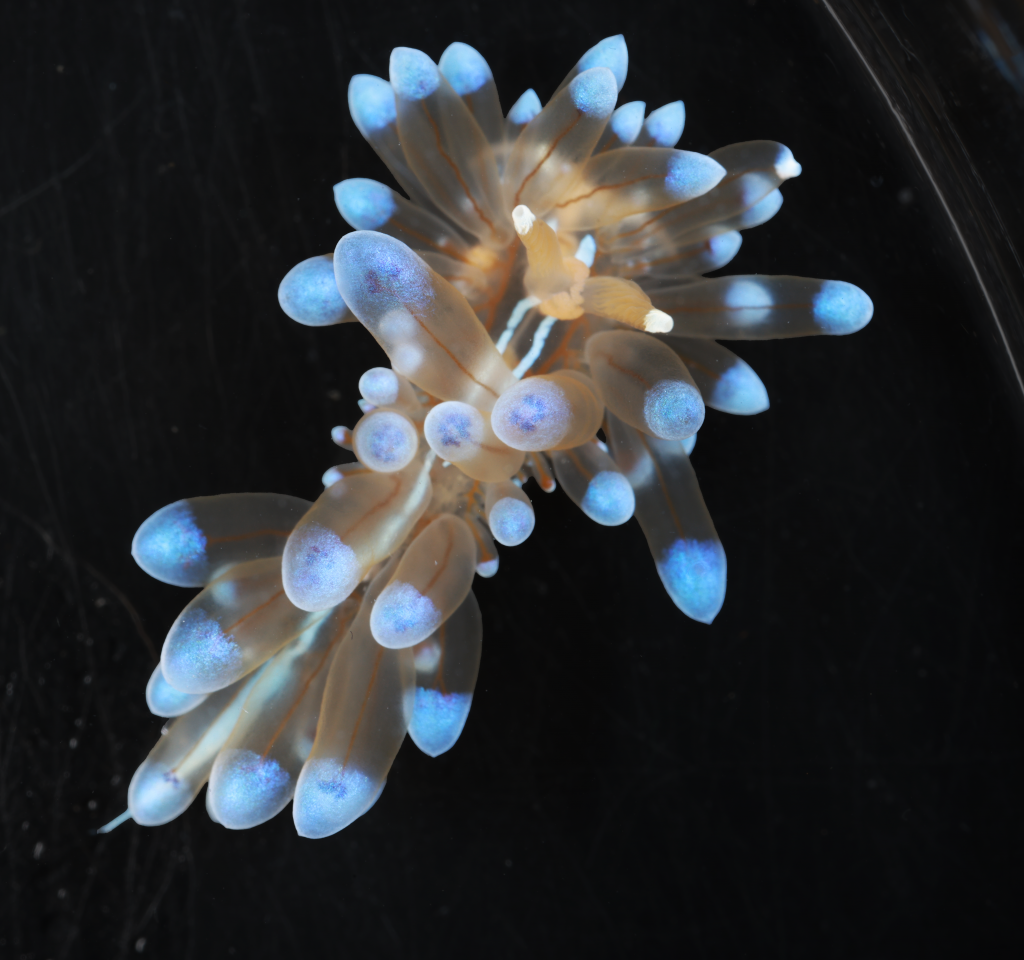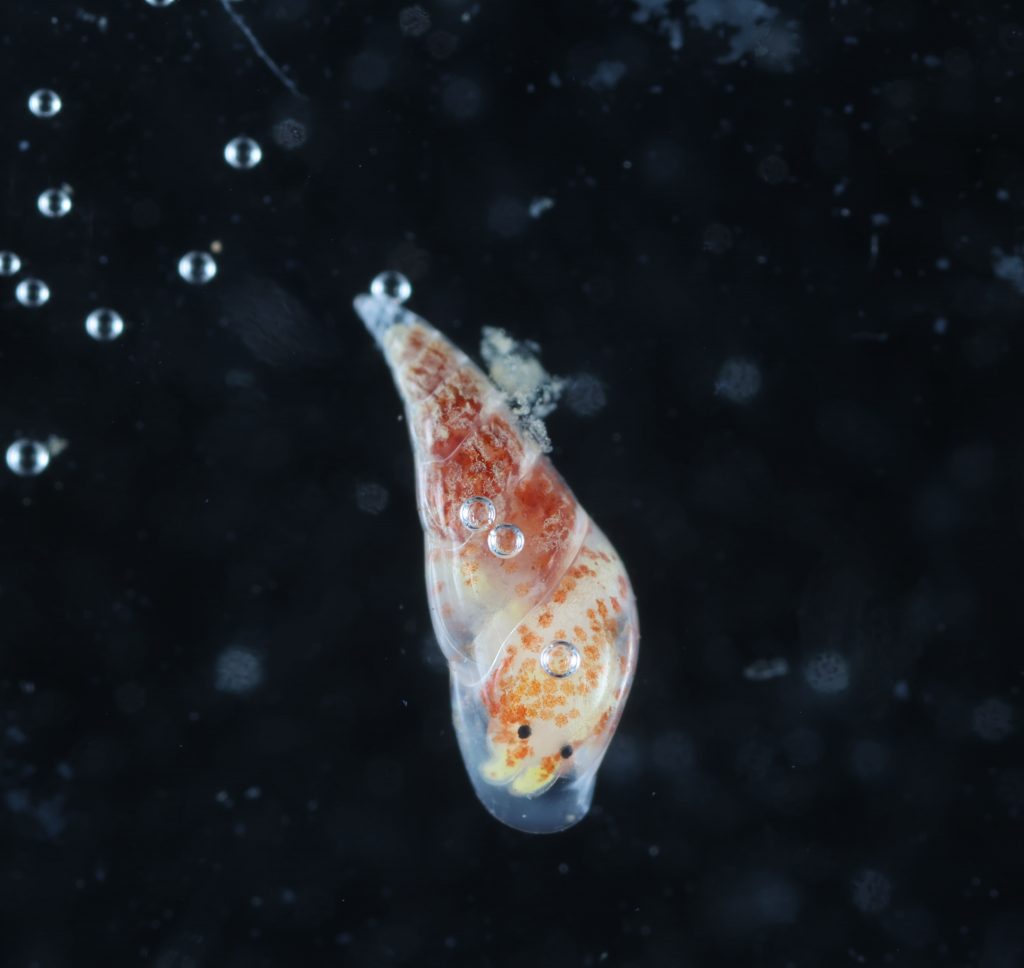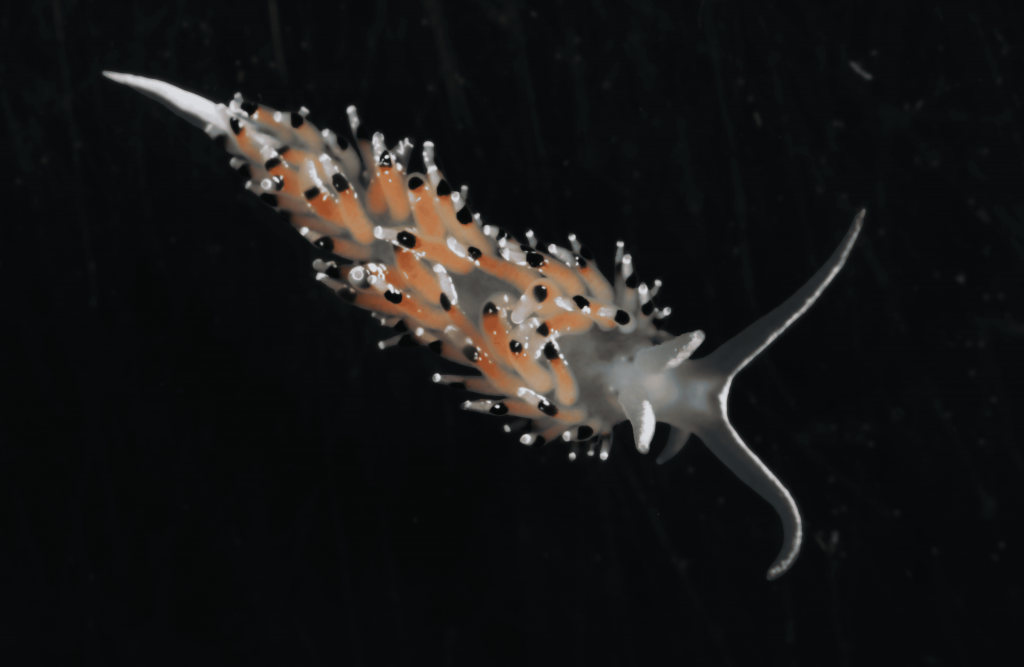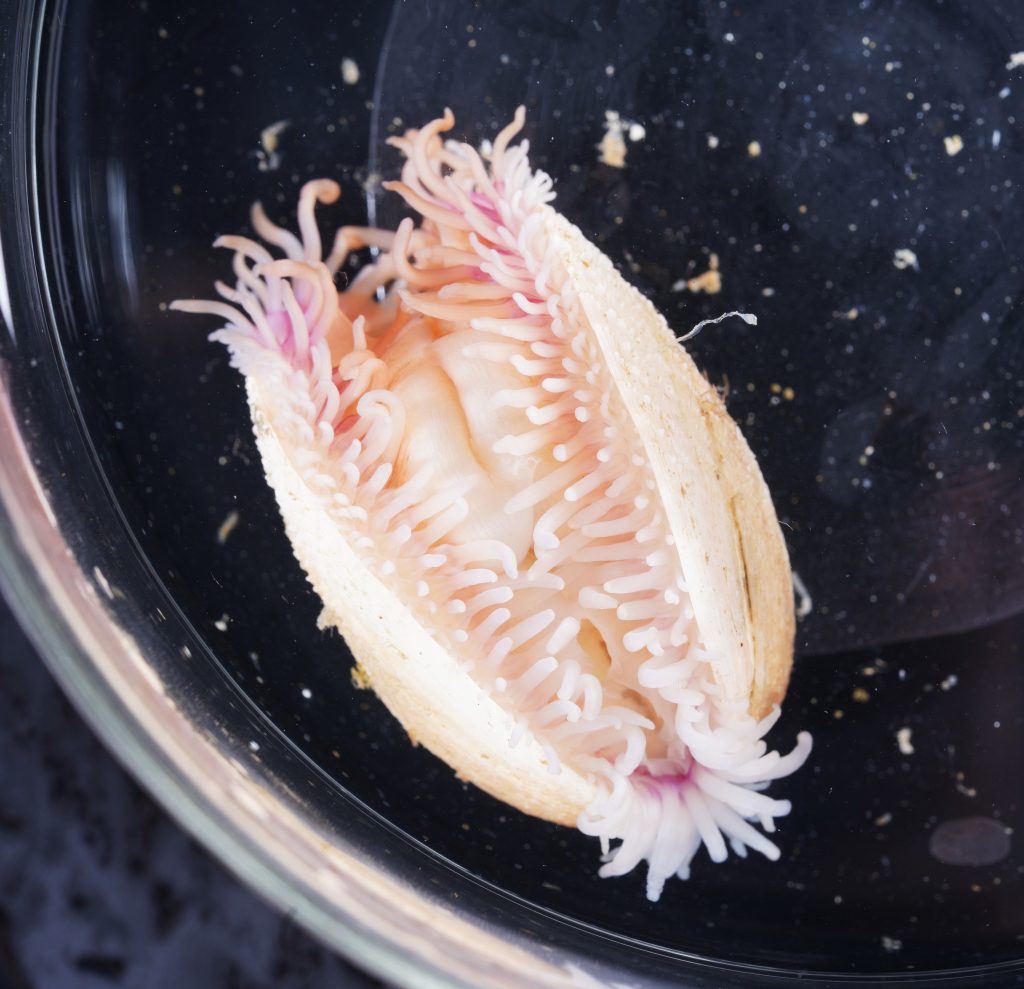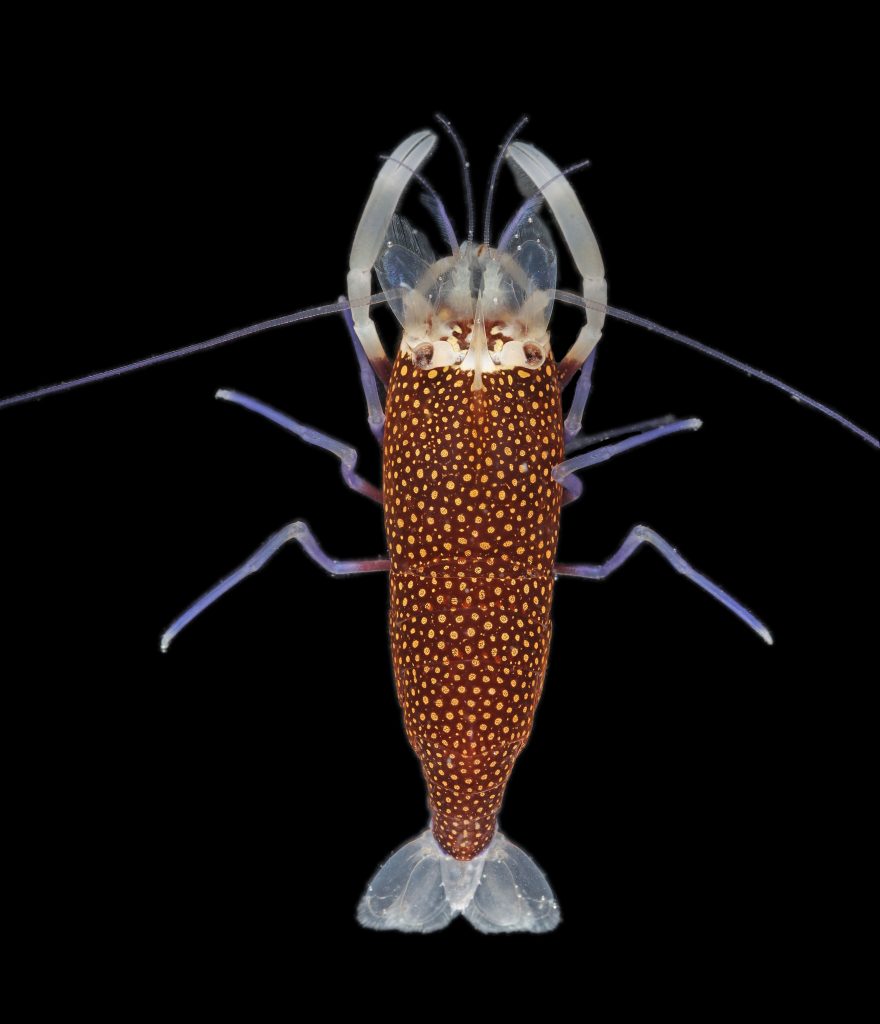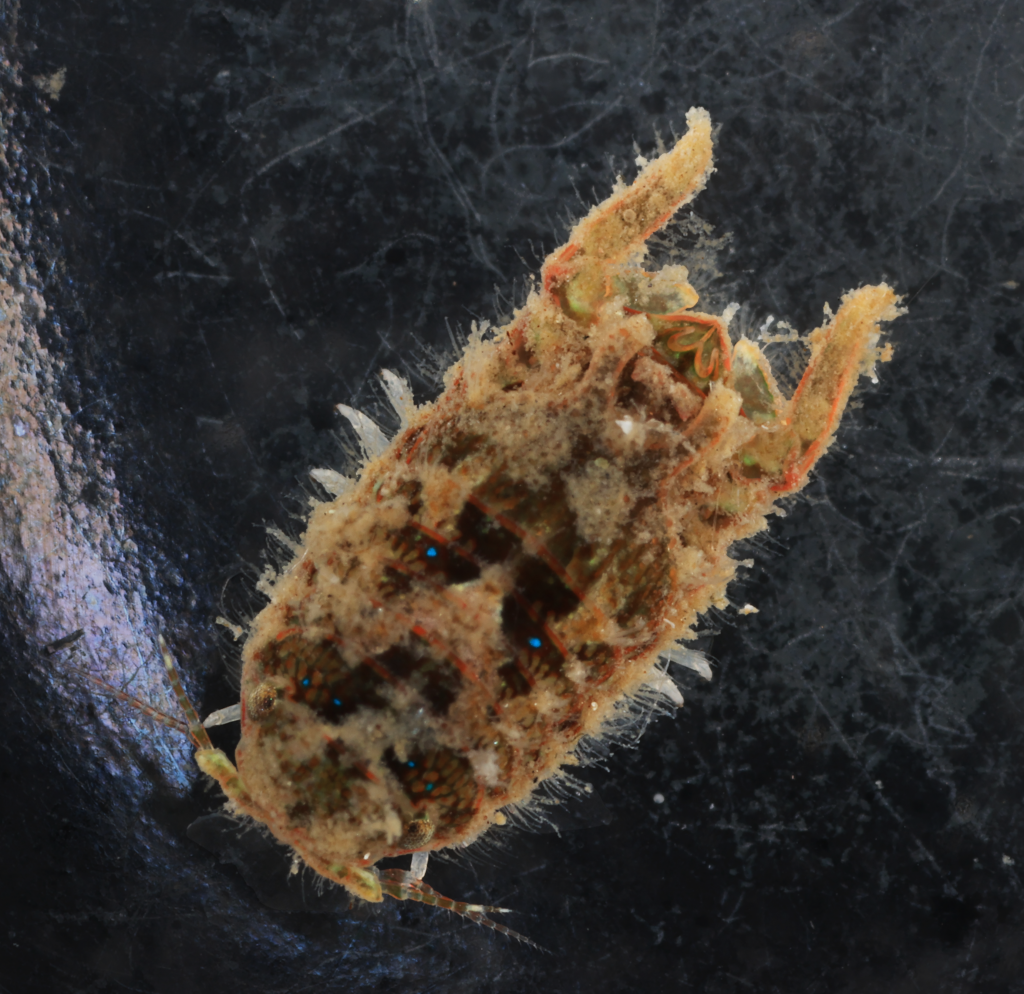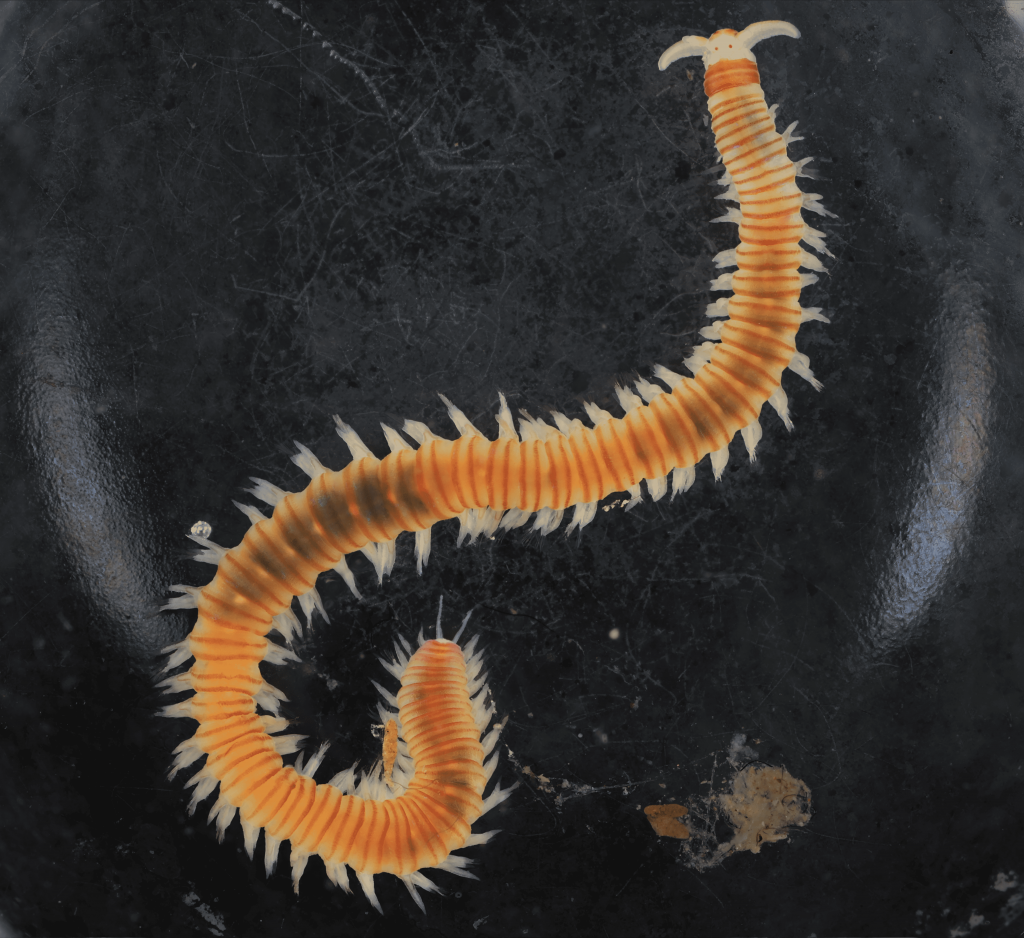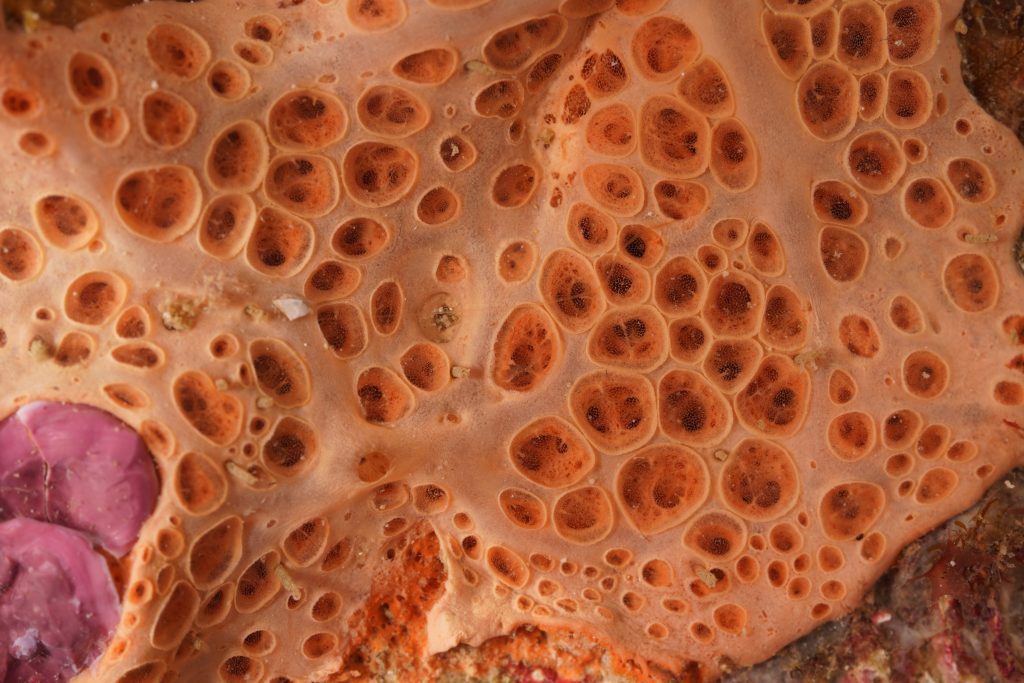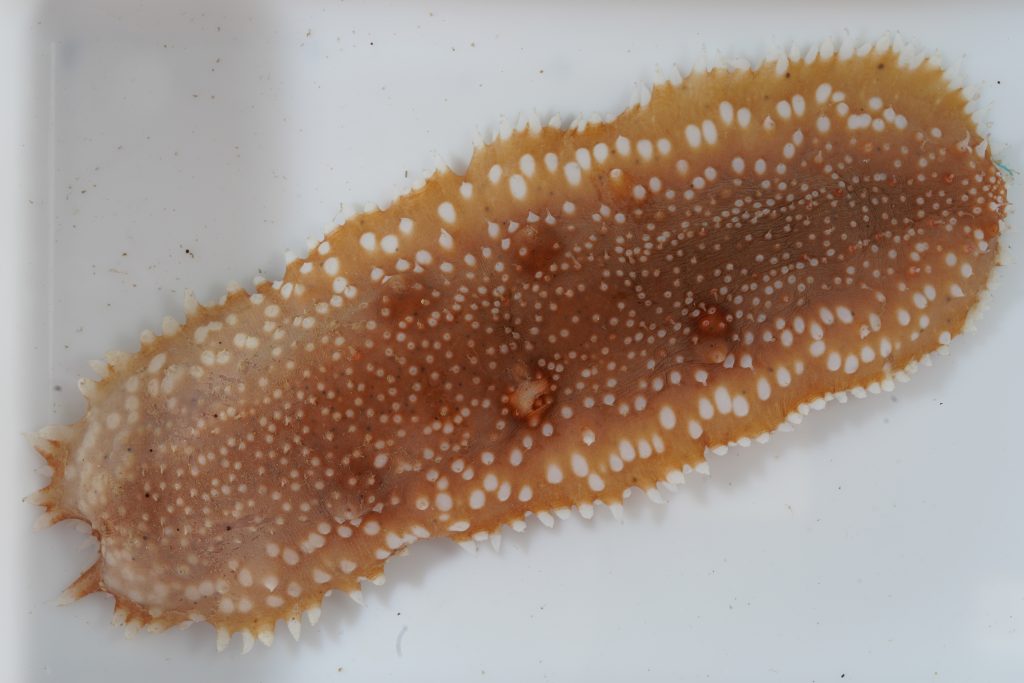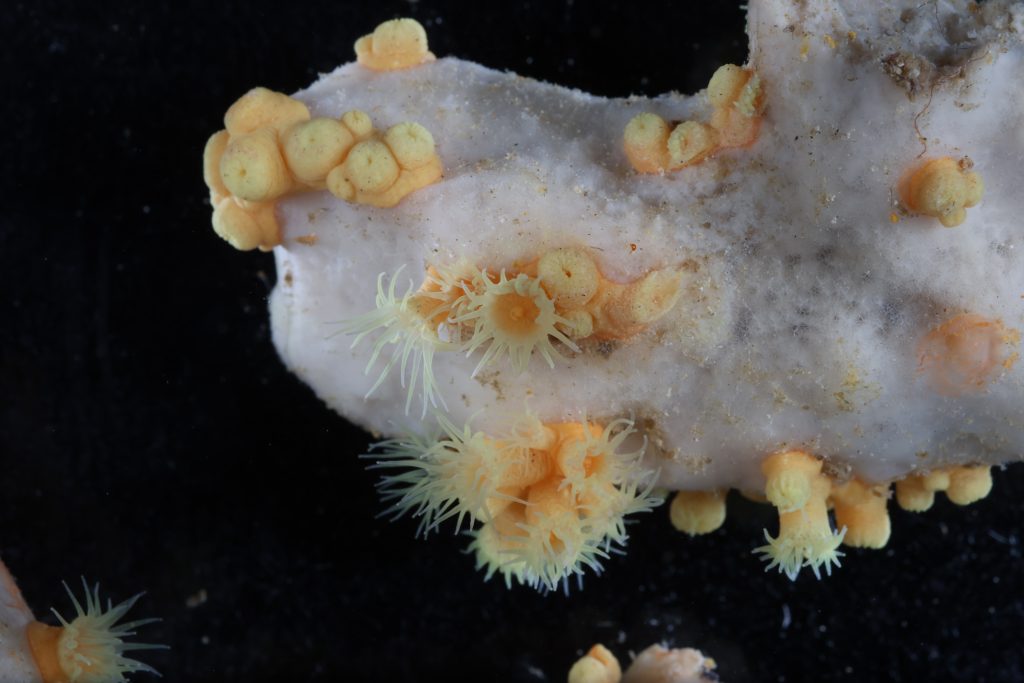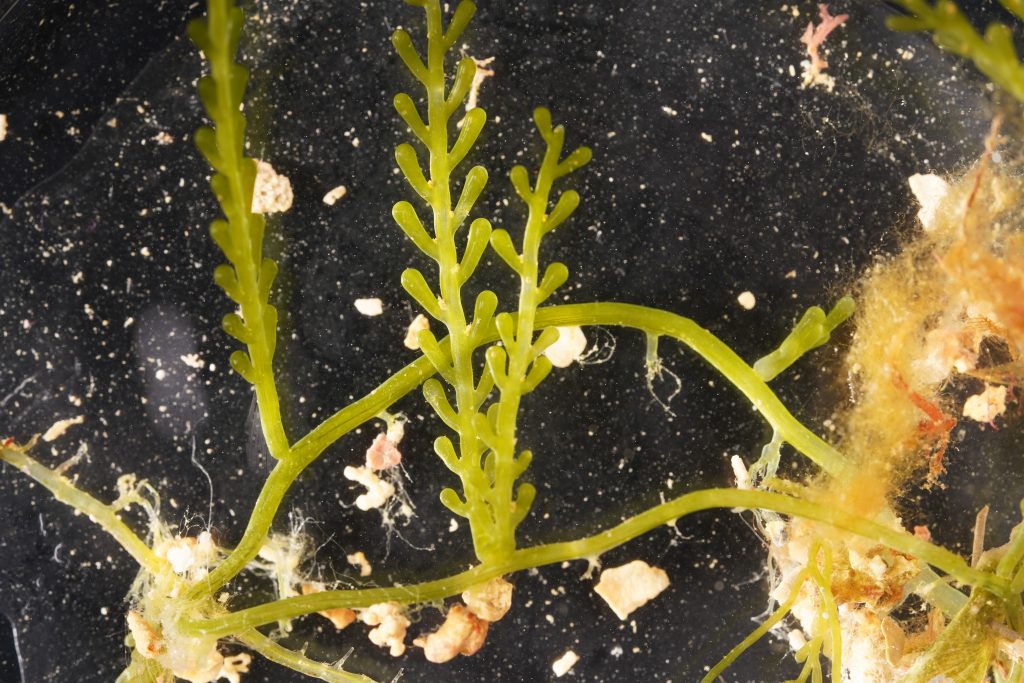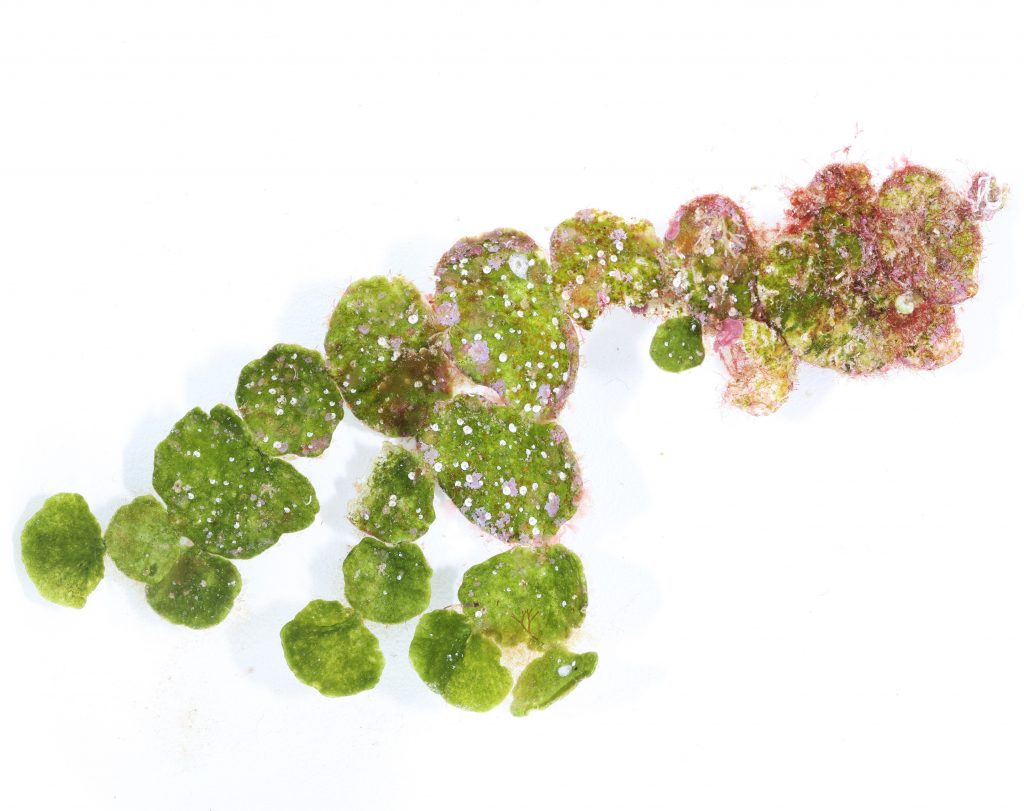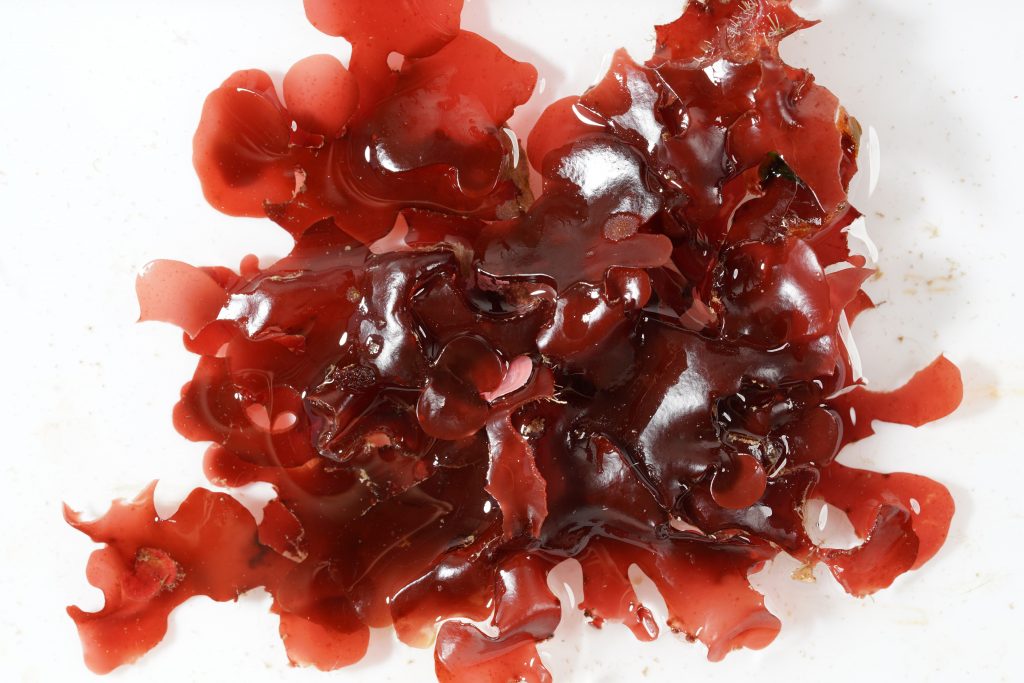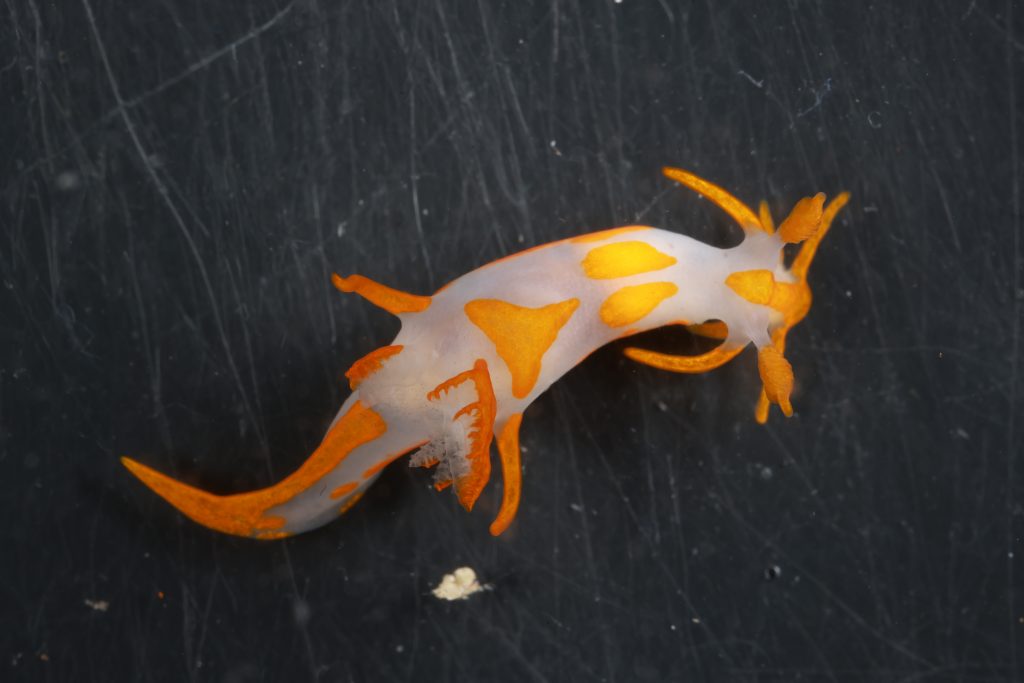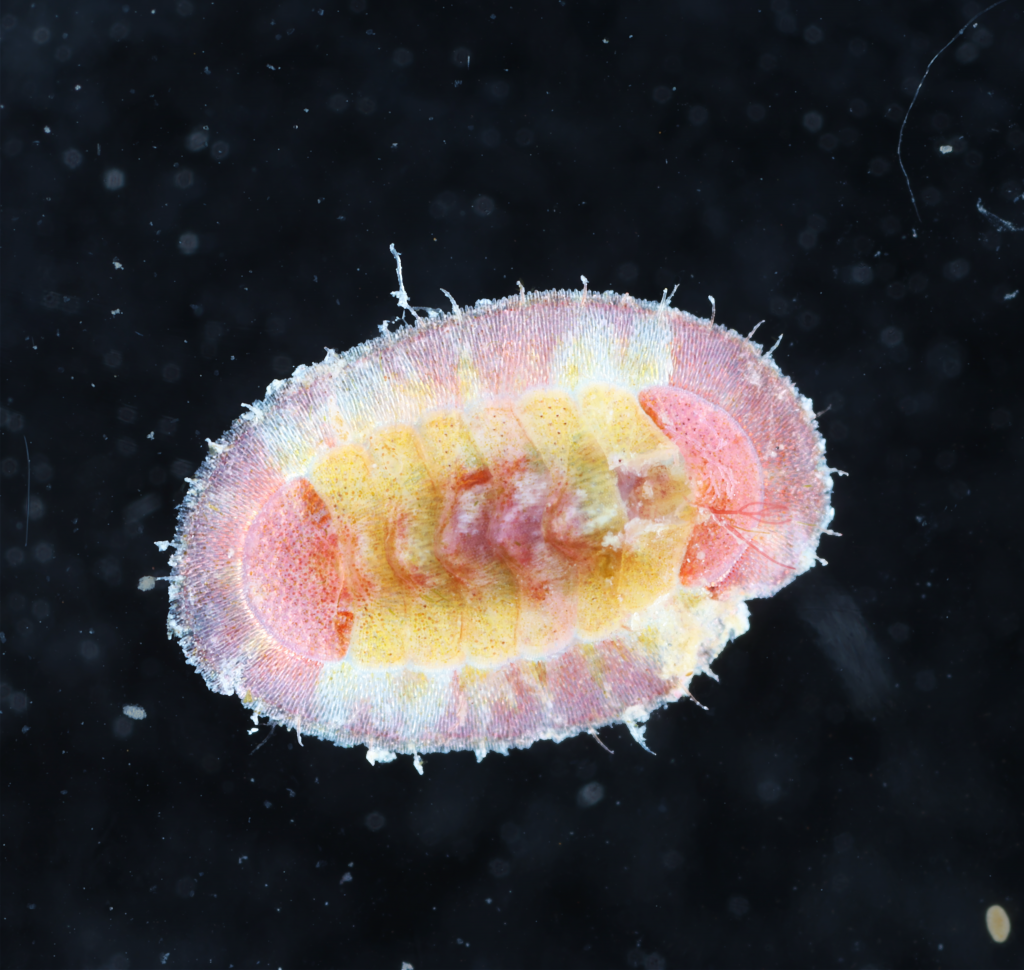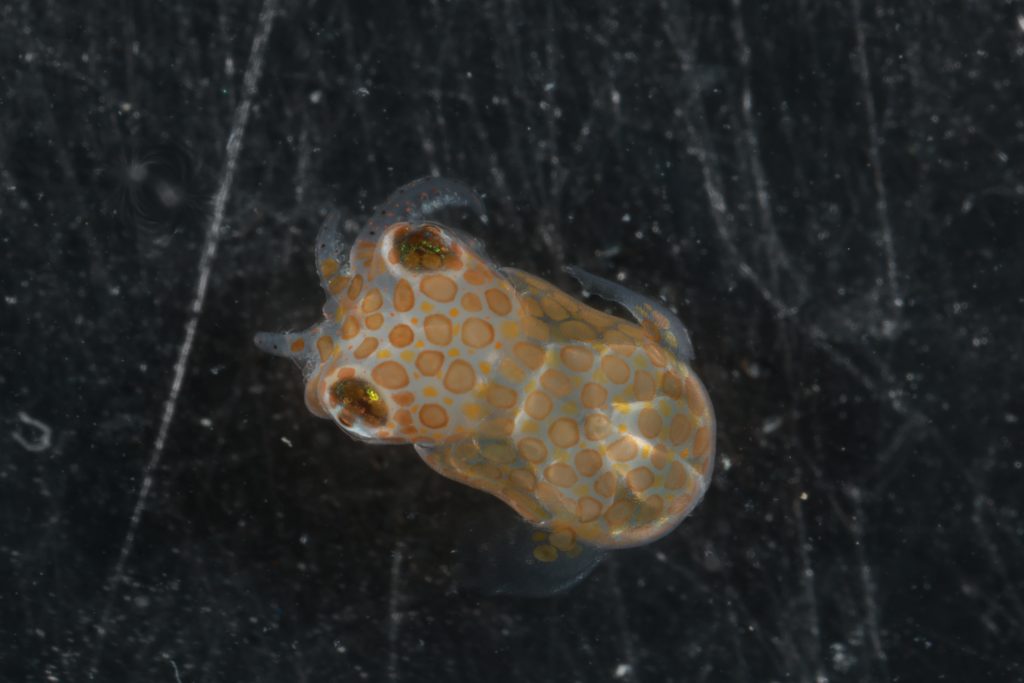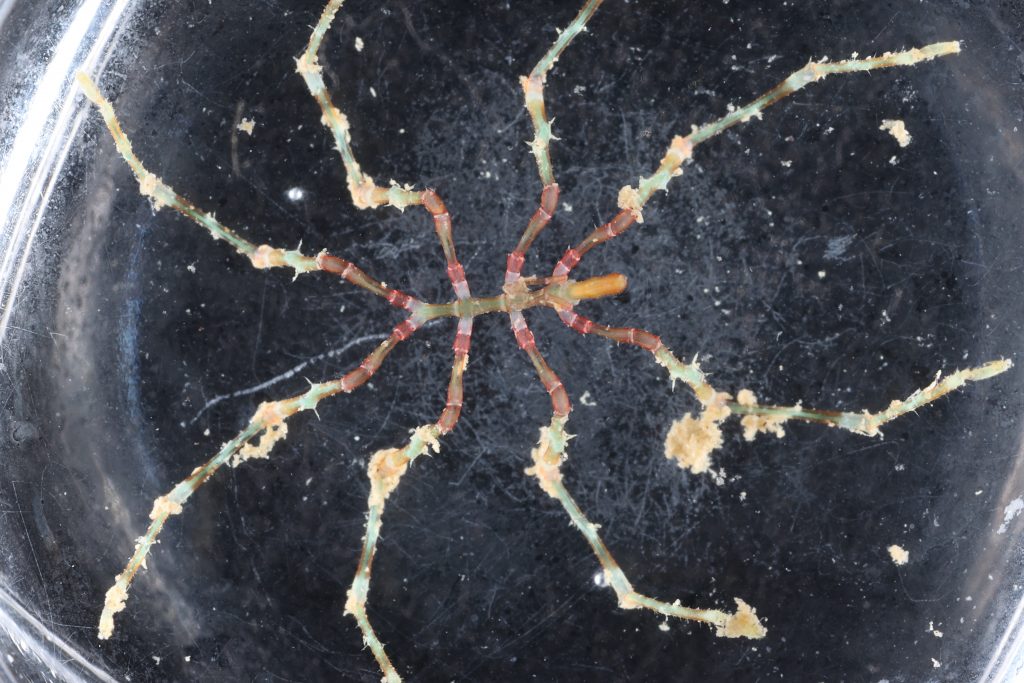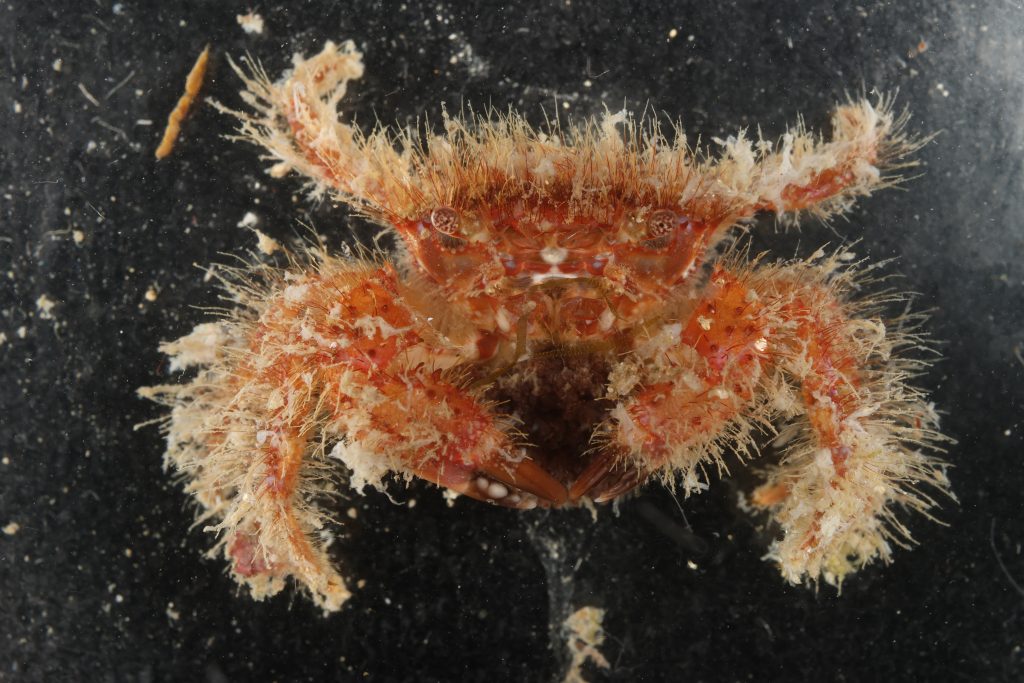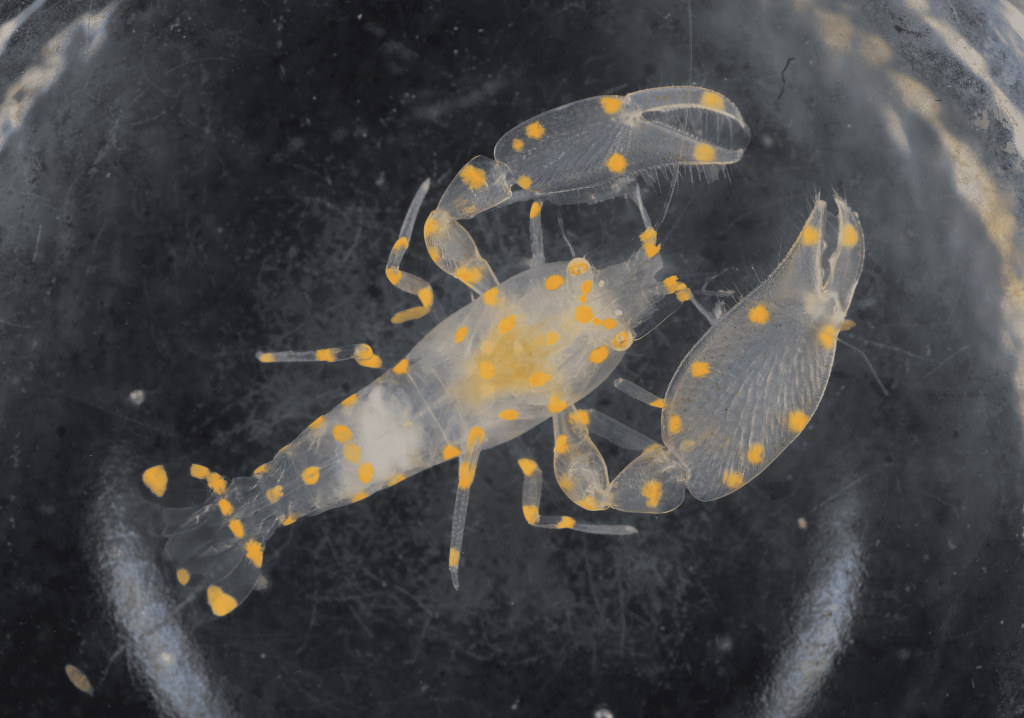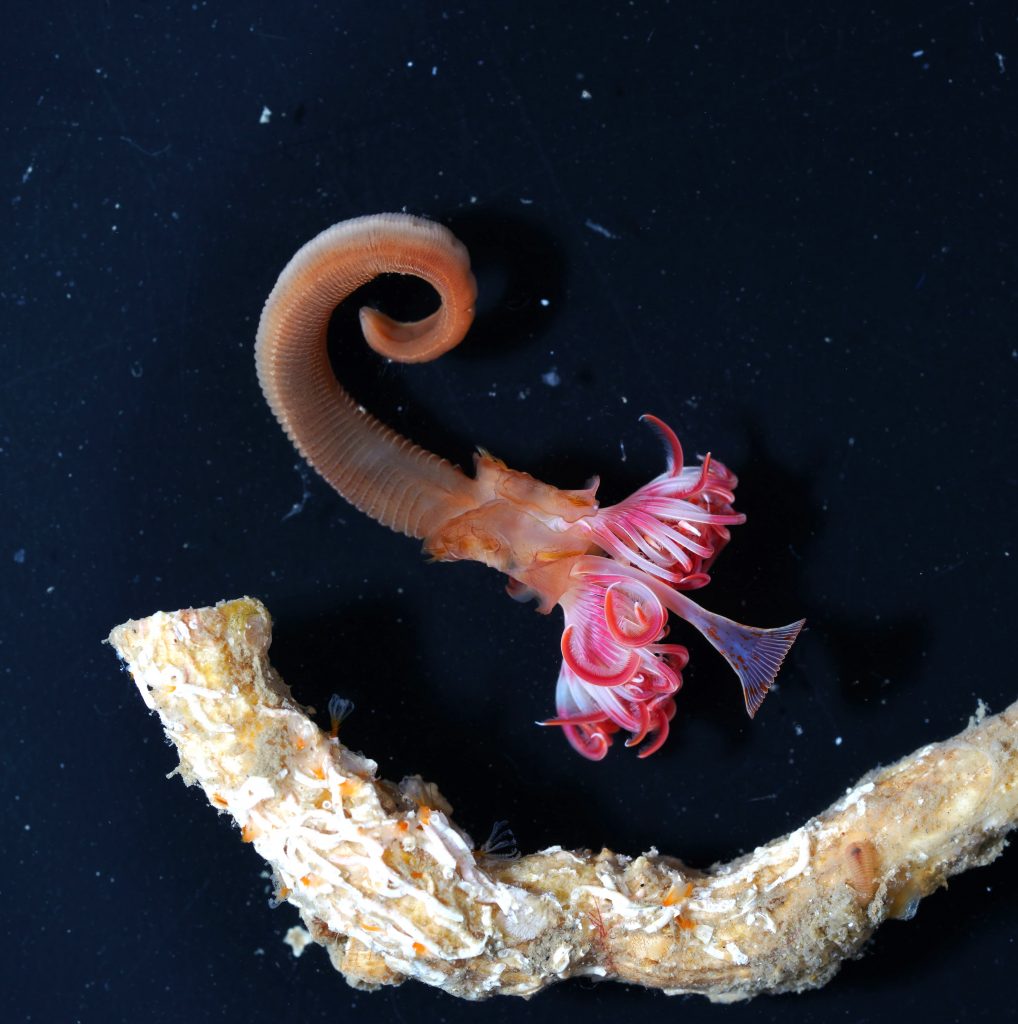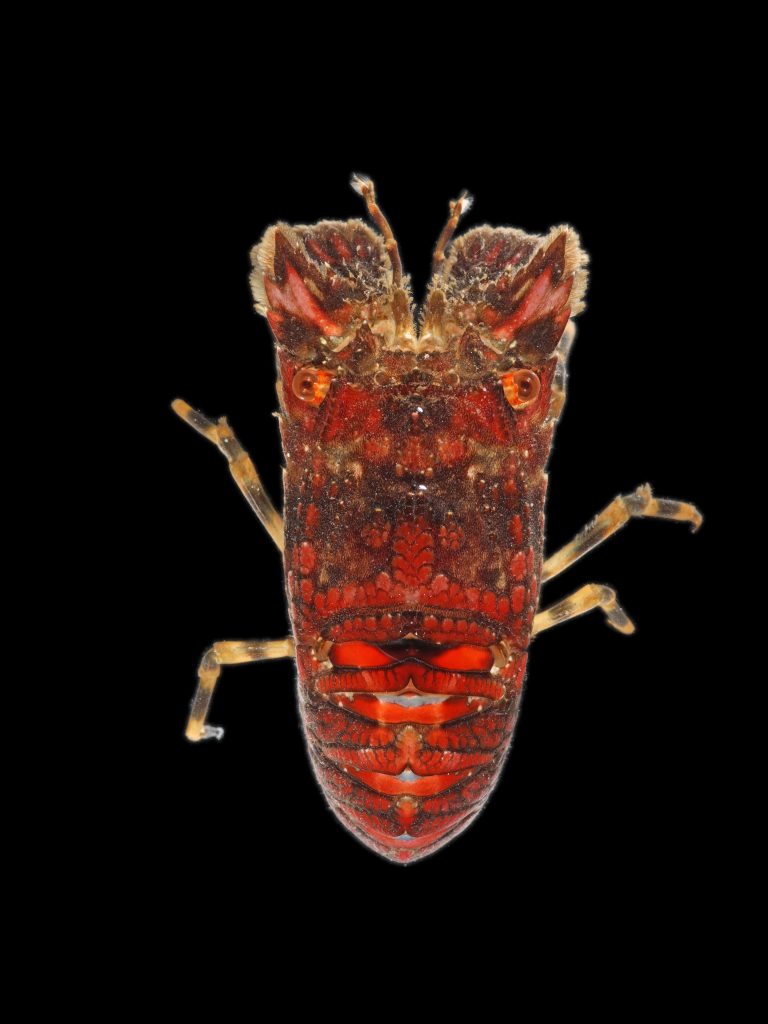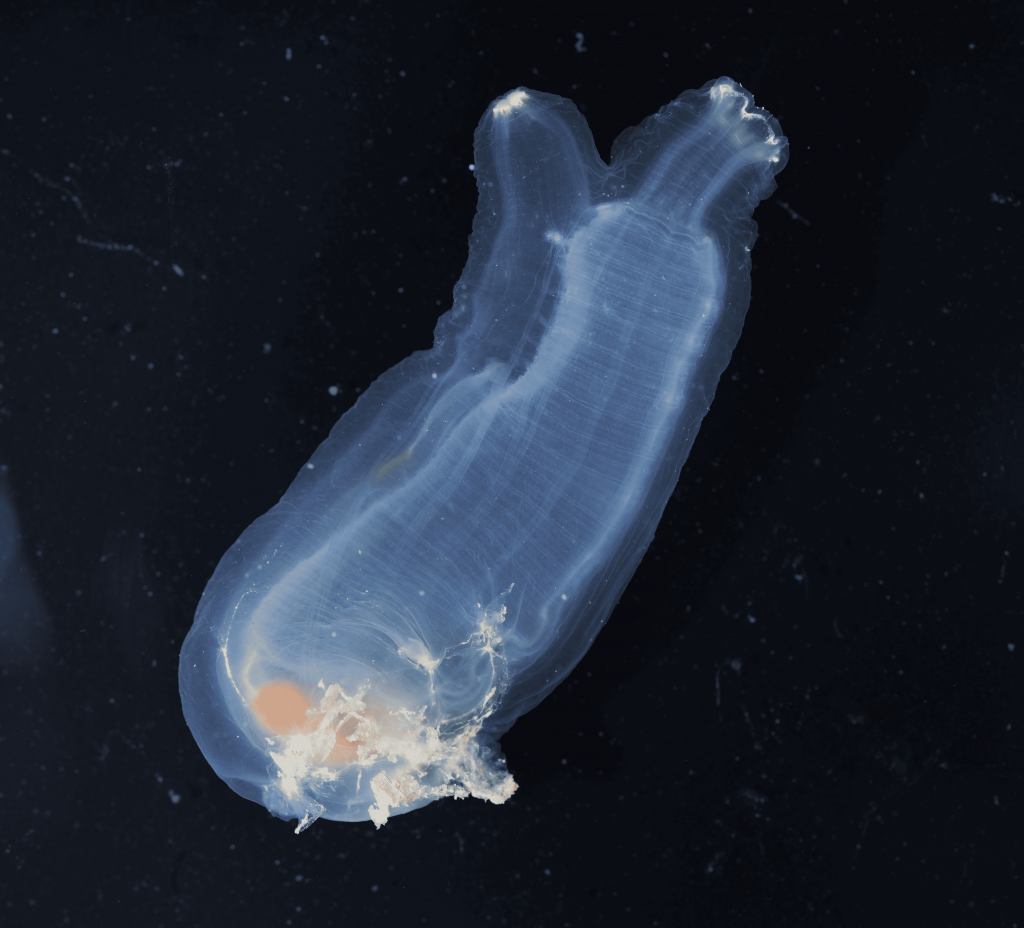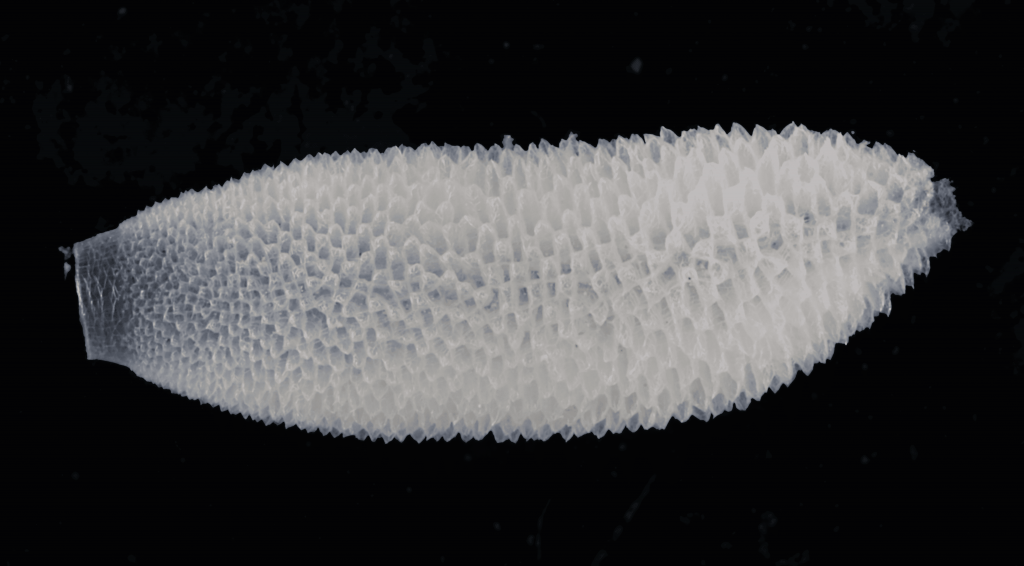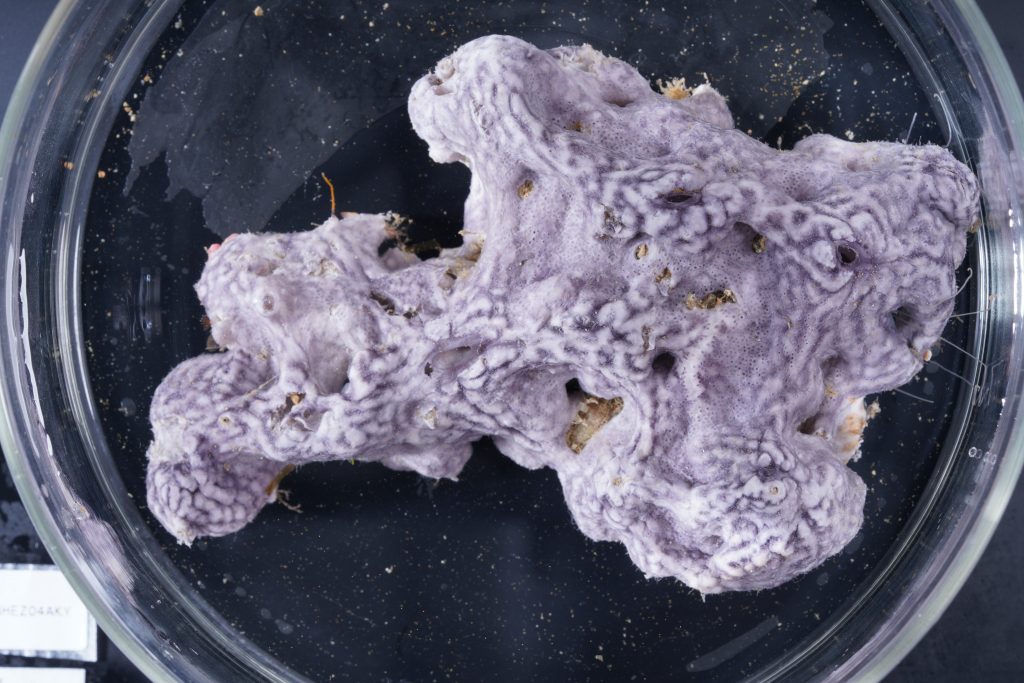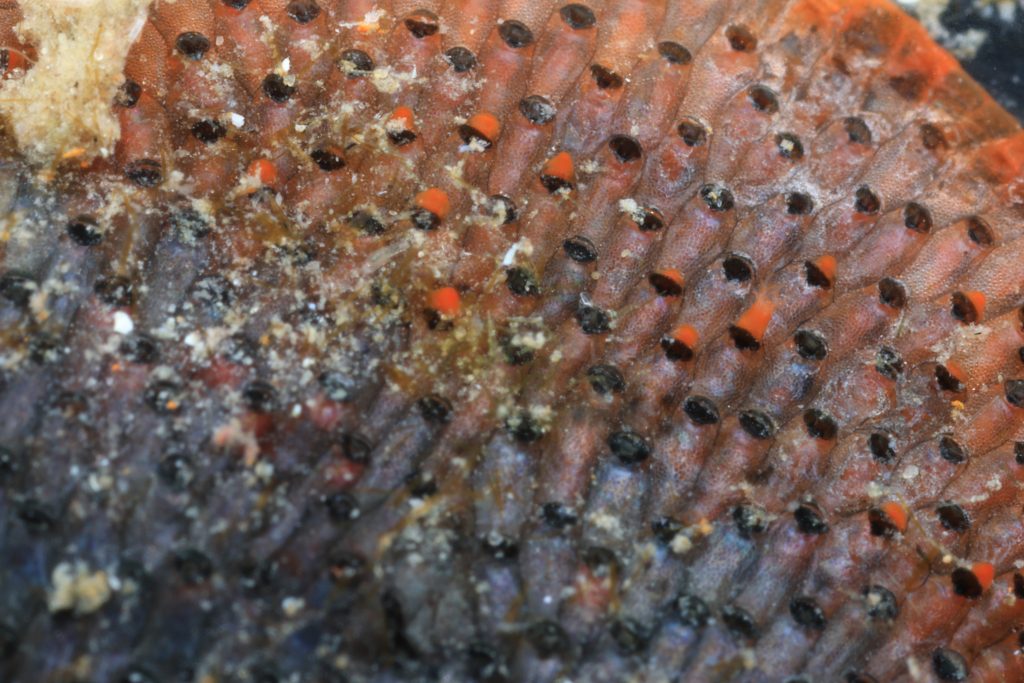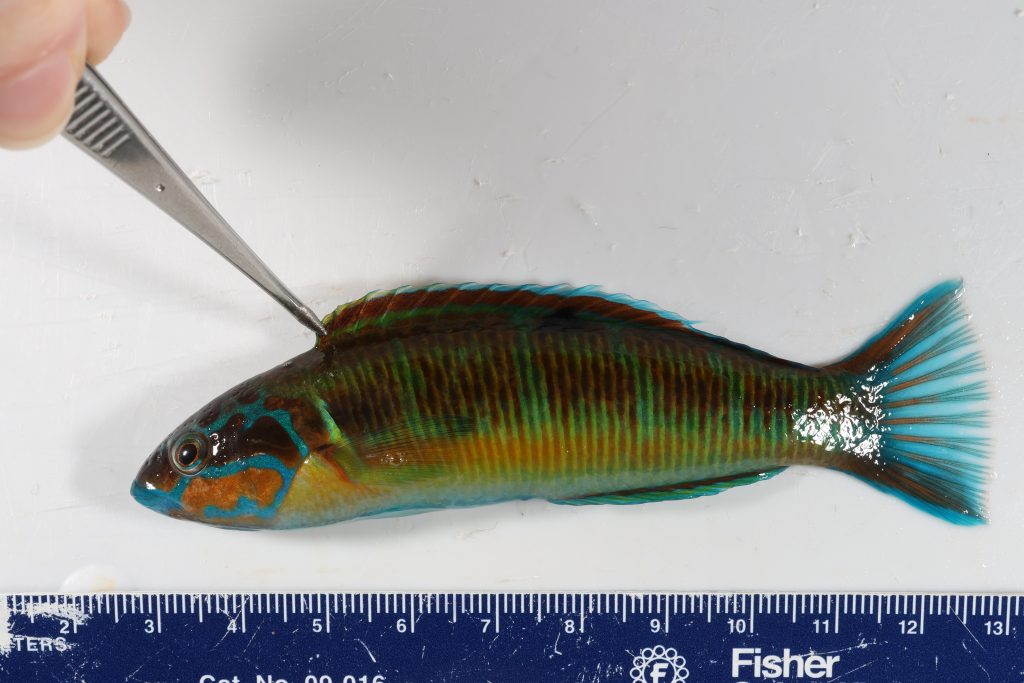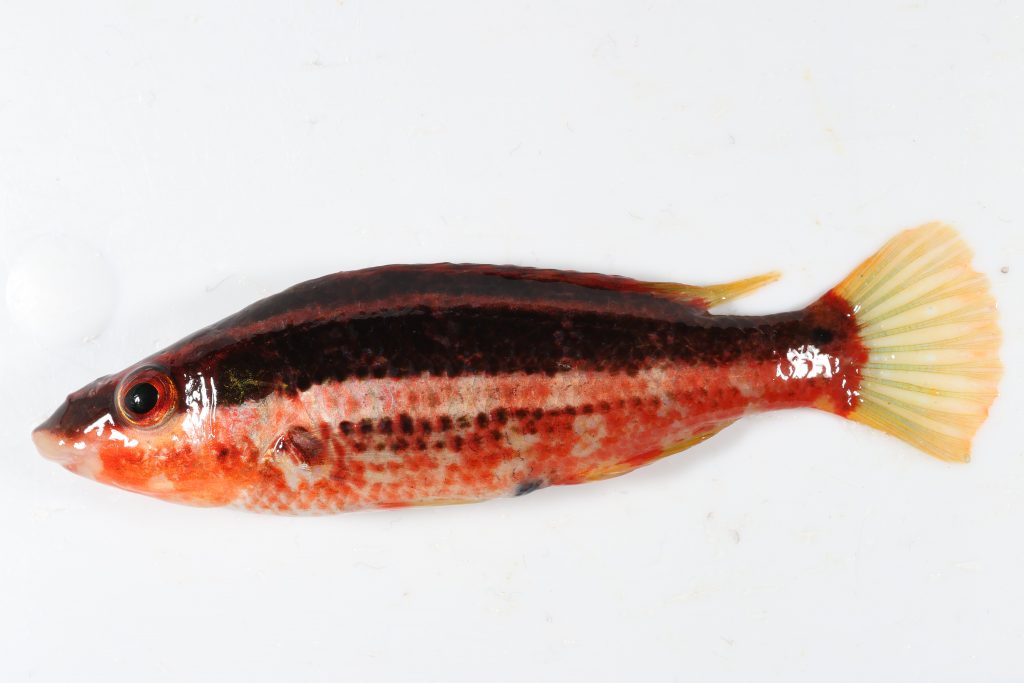From June 16 to 28, 2025, the tour of France’s marine stations continued in Marseille, where the Endoume Marine Station hosted the ATLASea teams for a sampling mission in the Mediterranean.
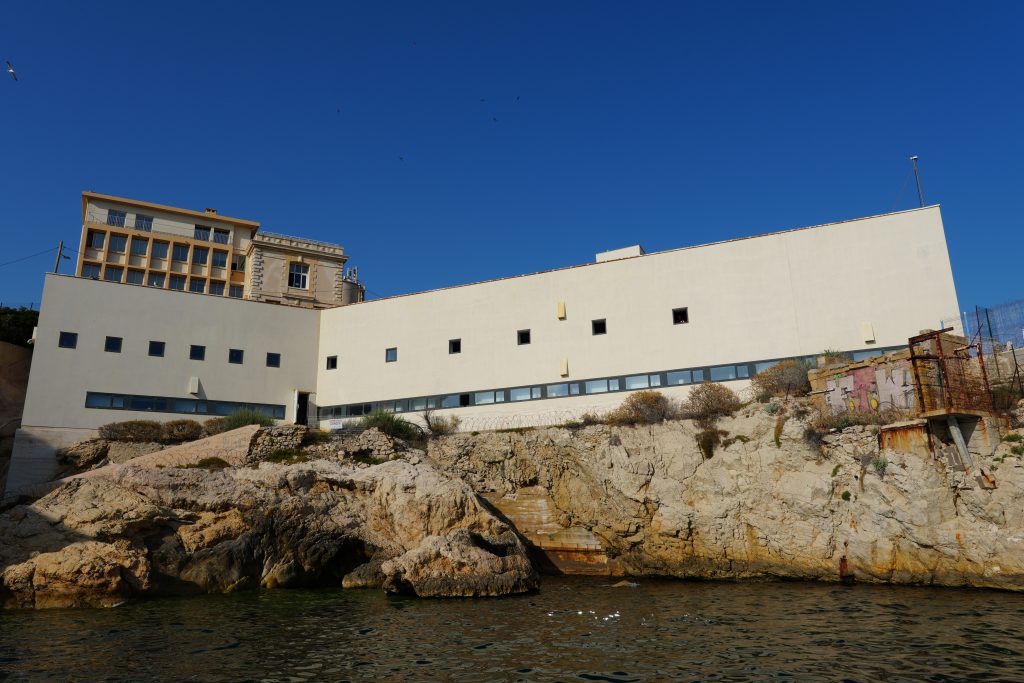

Endoume Marine Station on the left, view from the Station on the right © ATLASea
A Large-Scale Scientific Mobilization
Around 100 participants took part in this extensive sampling campaign at the Endoume Marine Station, with an average of 70 people mobilized each week. ATLASea benefited from the strong support of local teams from Aix-Marseille University, the Mediterranean Institute of Marine and Terrestrial Biodiversity and Ecology (IMBE), the Mediterranean Institute of Oceanography (MIO), the Pythéas Observatory of Universe Sciences (OSU) Institut Pythéas, the Tara Ocean Foundation, and the Scientific Interest Group for the Marine Environment (GIS) Posidonie.
The adventure also brought together highly committed participants from all over France and Europe: a dozen interns, eight doctoral and postdoctoral researchers, and seven taxonomists – including Fabio Crocetta, Roberto Arigoni, Riccardo Virgili, Matteo Putignano, and Giacomo Chiappa from Italy, Ferran Palero from Spain, and Hossein Ashrafi from Iran, currently based in the Czech Republic.
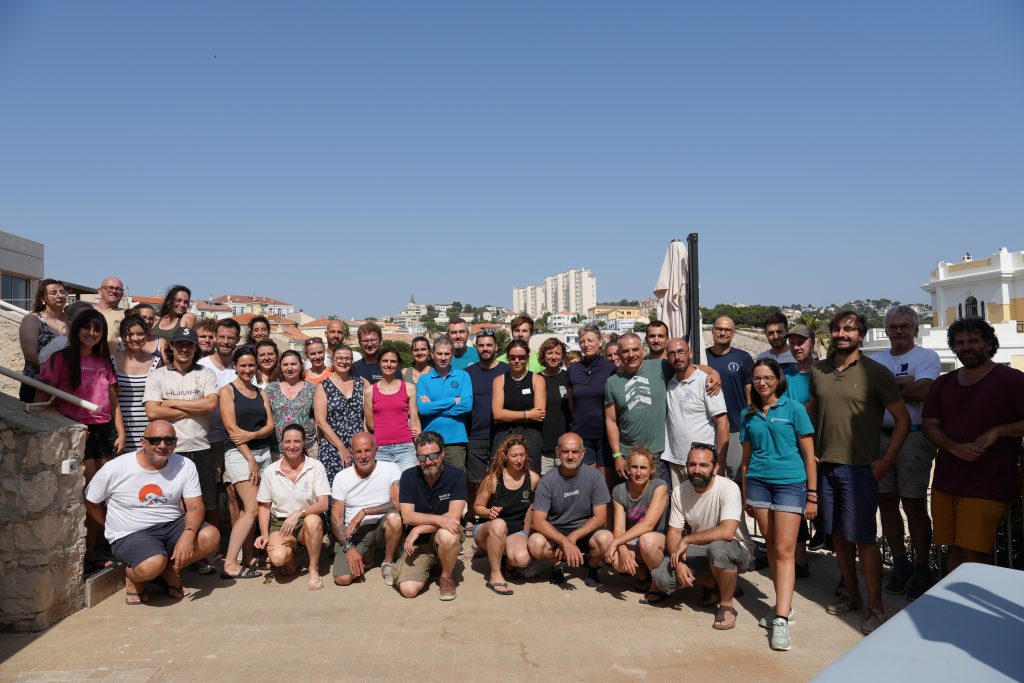
DIVE-Sea and SEQ-Sea teams, as well as local teams from Marseille © ATLASea
An Exploration of Mediterranean Marine Ecosystems
With perfectly coordinated logistics, the teams organized the site into four distinct zones to optimize their work: a screening and sorting area, a taxonomists’ workspace, a photo lab with three workstations, and a sample conditioning area.
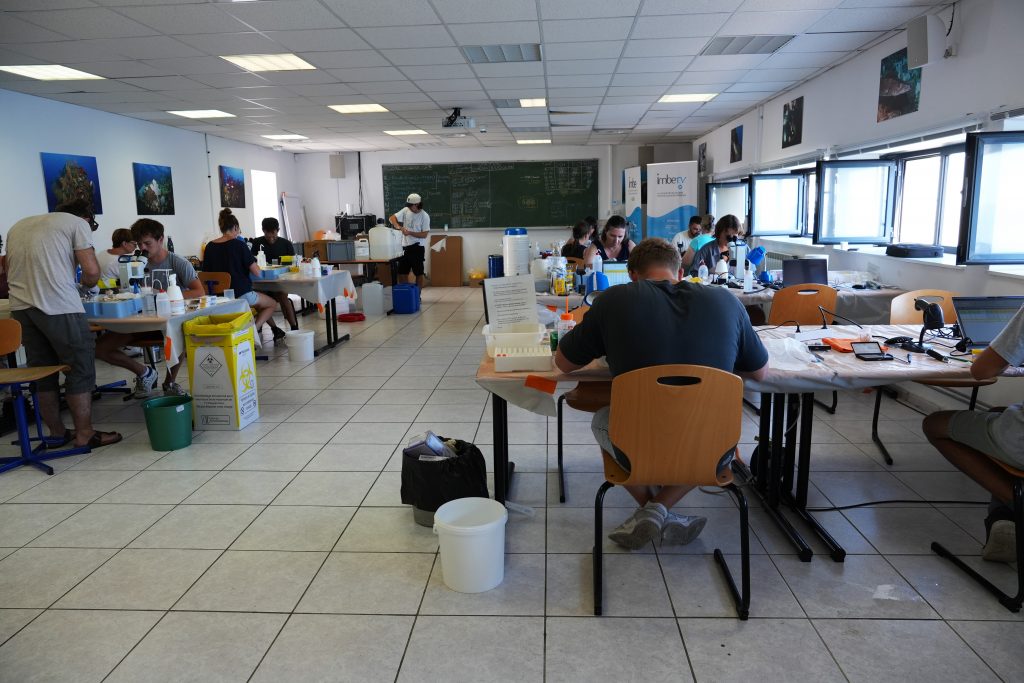
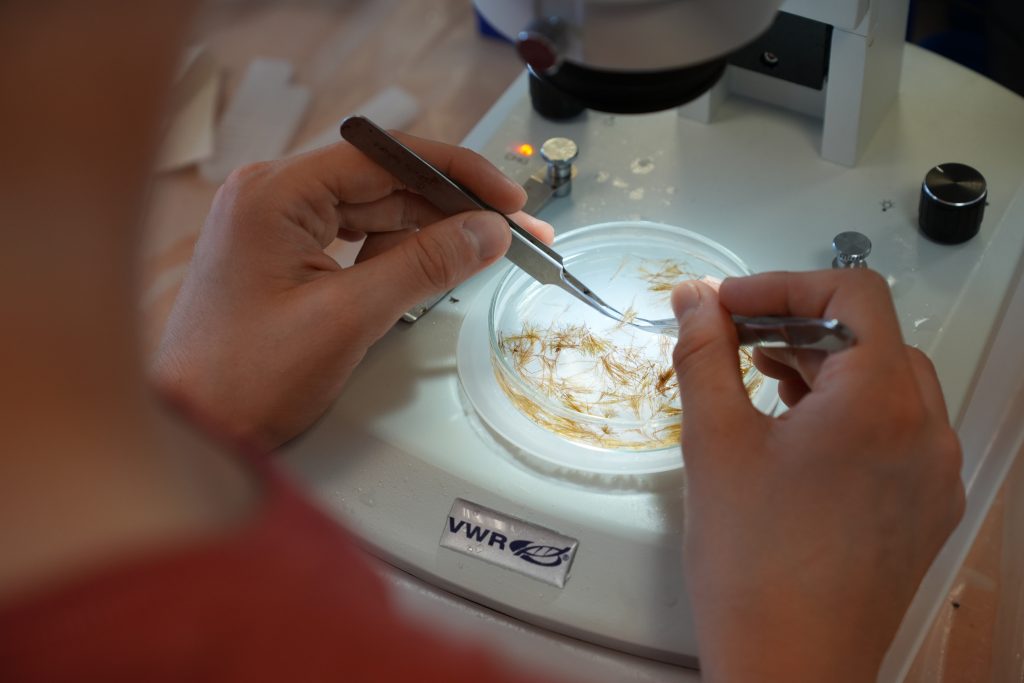
Marine species conditioning room on the left, cleaning of an algae sample on the right © ATLASea
Every morning at dawn, the teams set out to collect marine specimens along the Mediterranean coast, from the Côte Bleue to the Calanques National Park near La Ciotat, passing through the Étang de Berre lagoon. The schooner Tara was mobilized for this ATLASea mission, enabling the divers to access the sampling sites directly with all their equipment on board. In this region, divers explored a wide variety of coastal and marine ecosystems: Posidonia seagrass beds, coralligenous habitats, dark or semi-dark caves. But the diversity of habitats explored goes far beyond this, with samples also taken from photophilic algae ecosystems, coastal lagoons, around artificial reefs, and even in port environments – all accessible by diving.
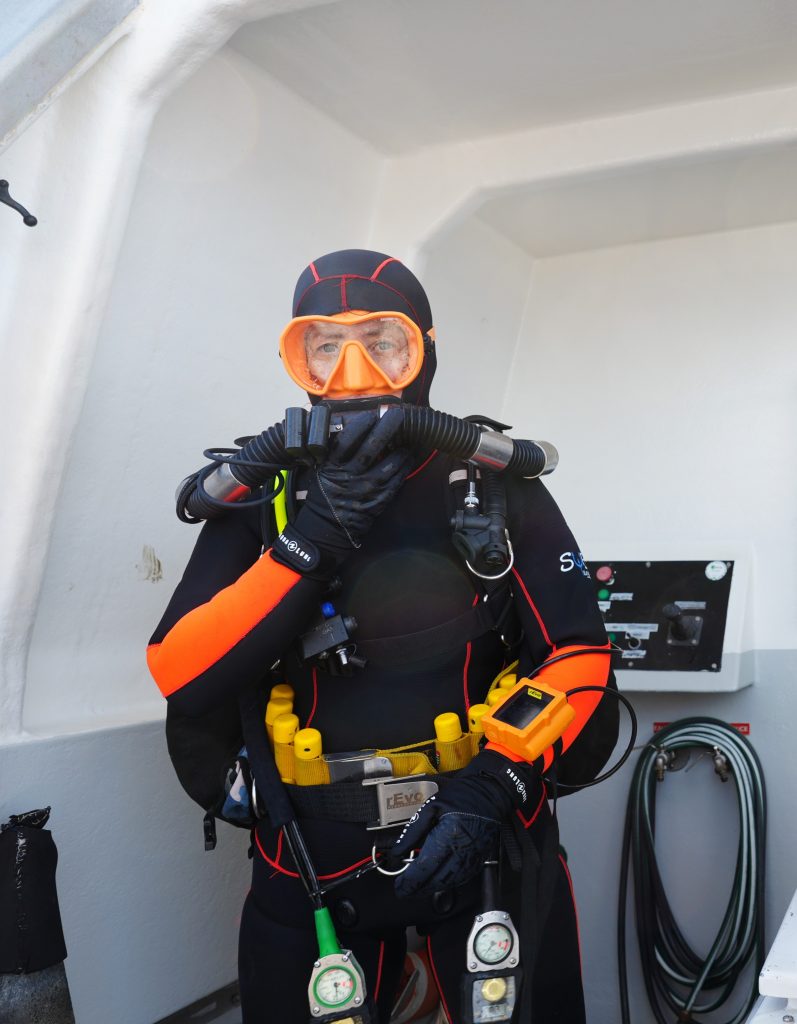
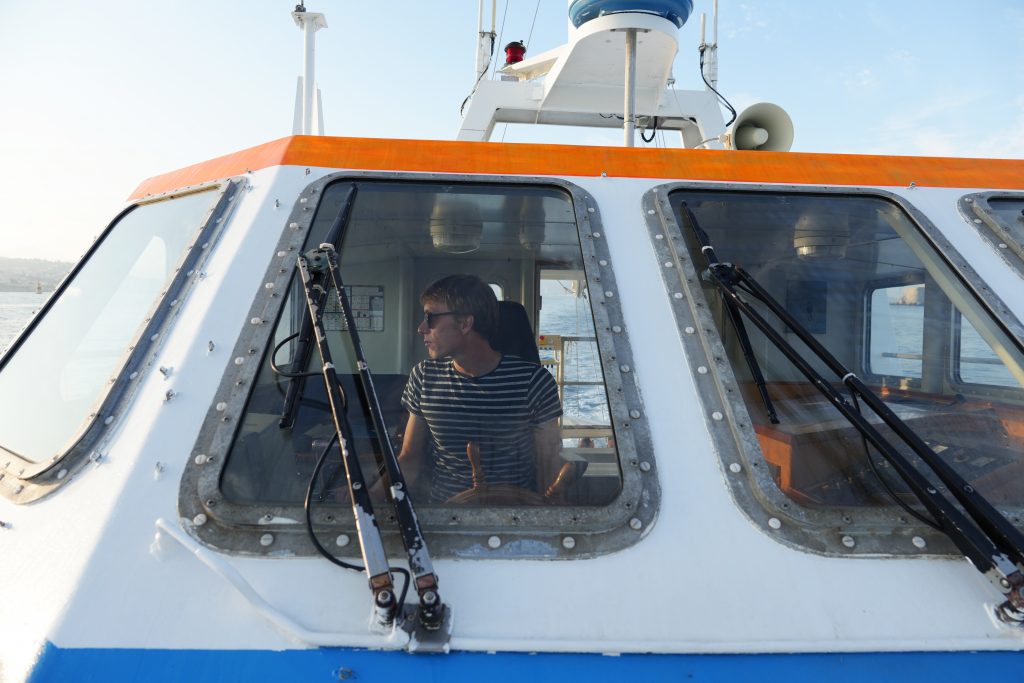
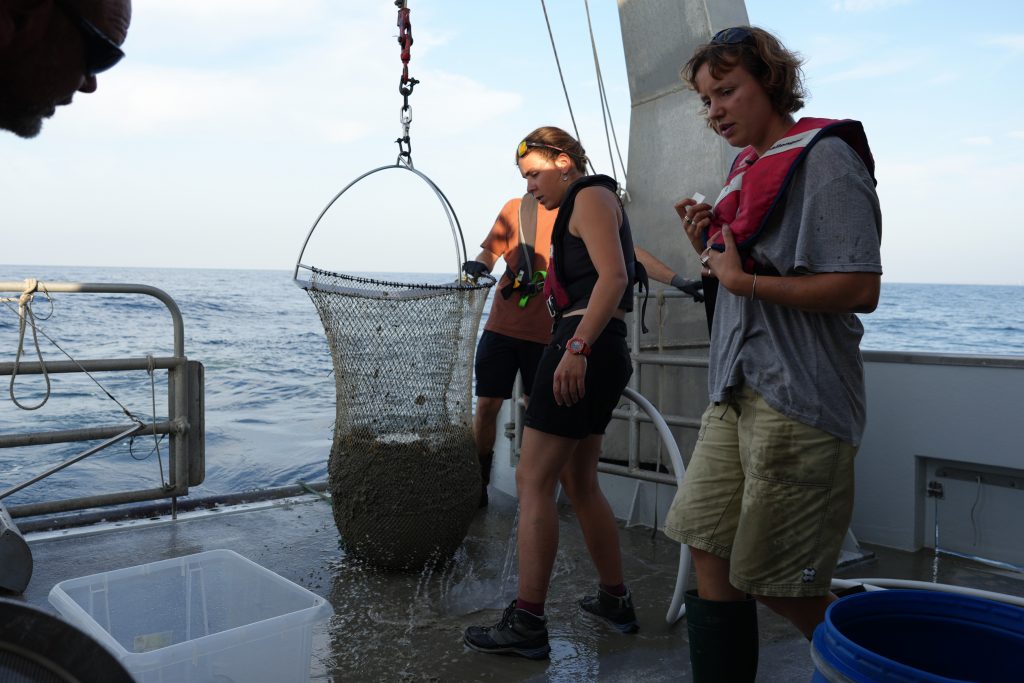
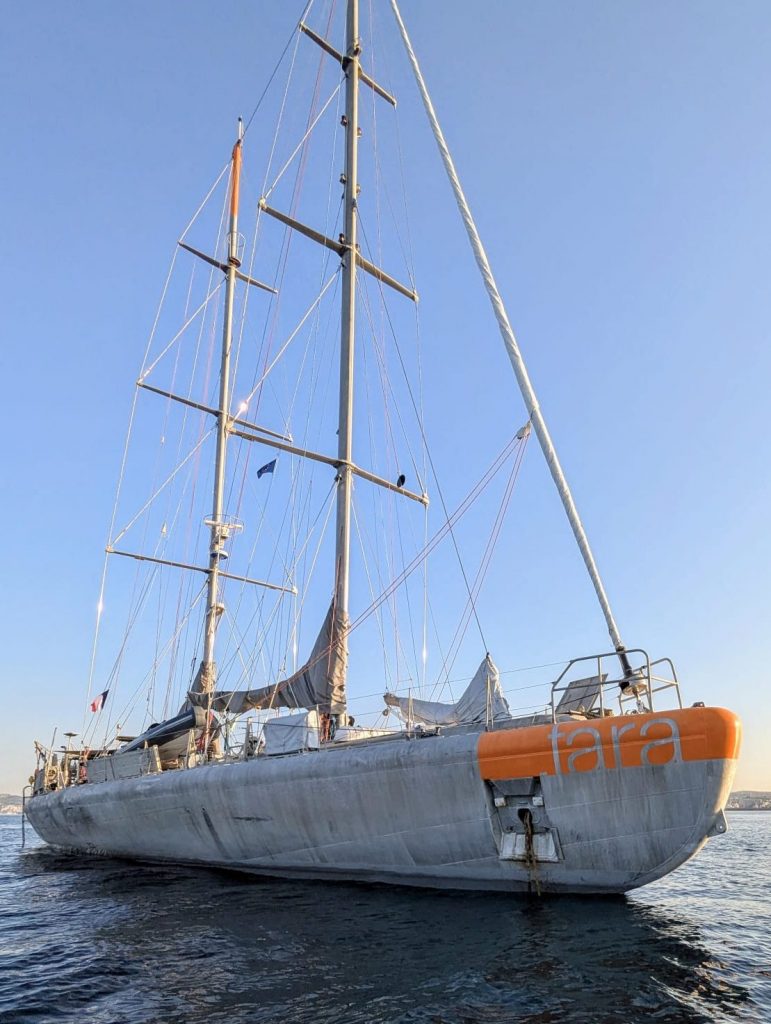
Photos 1- 3: Sandrine Ruitton, lecturer and researcher at Aix-Marseille University and The Antedon II crew in action © ATLASea
Photo 4: The schooner Tara in Endoume © Emilie Martin du Fou
Despite the persistent heat of the Marseille sun, the teams remained focused and maintained a steady pace. Their perseverance was rewarded with a symbolic milestone: the program collected its 1,500th marine species – Limaria tuberculata, an elegant bivalve still rarely recorded in inventories. A total of 830 marine species, including 728 new ones, preserved in 6,000 sampling tubes, were collected during this expedition.
This large-scale operation, carefully prepared in advance, followed a pilot mission, nicknamed “April Fools,” organized from March 31 to April 4, 2025, also at the Endoume marine station. This mission had served to test and validate the sample processing chain while processing several dozen Mediterranean fish. Thanks to the collaboration of fishermen specializing in the capture of live specimen, around 40 species were sampled: 28 fish, 1 cnidarian, 1 mollusk, and 4 arthropods.
